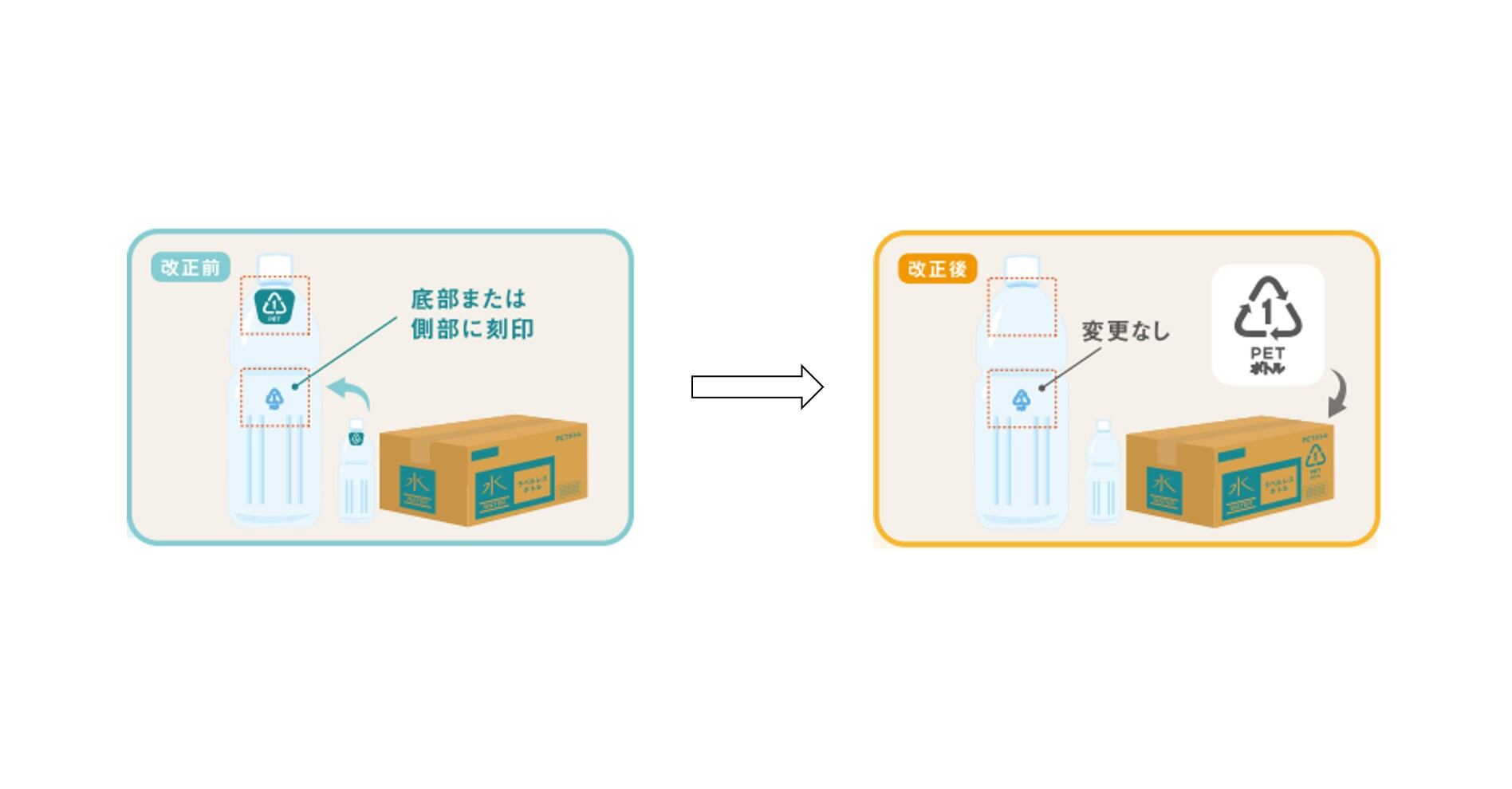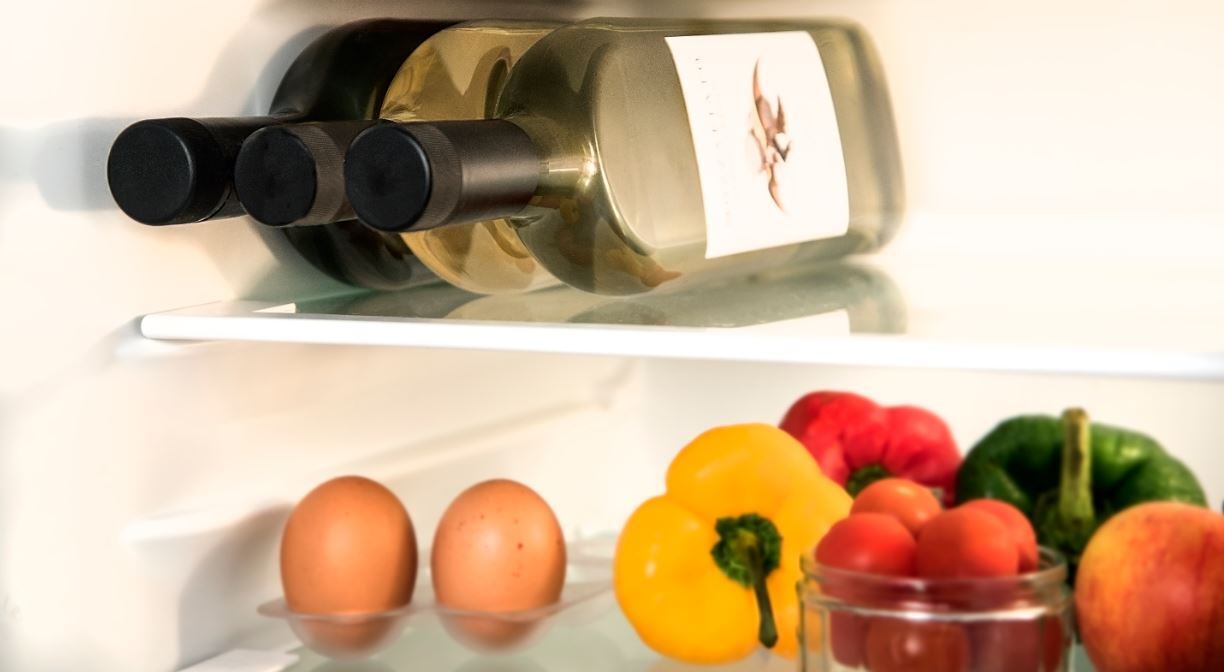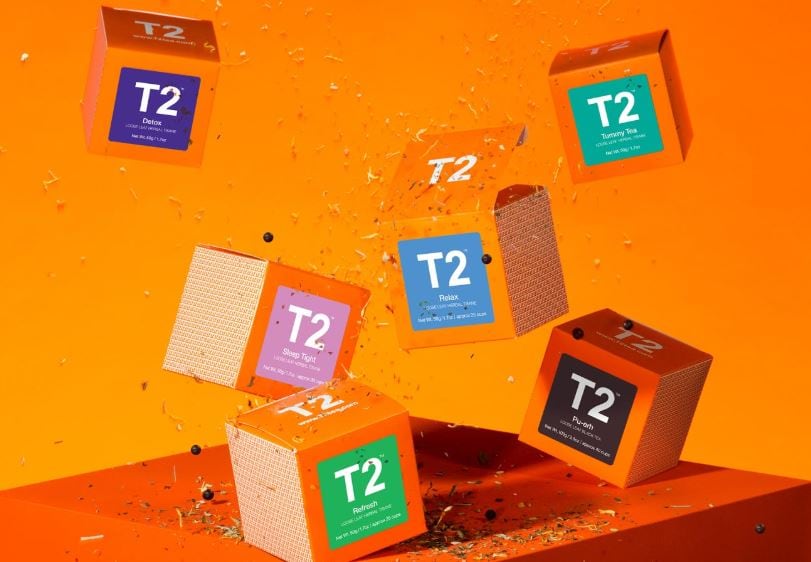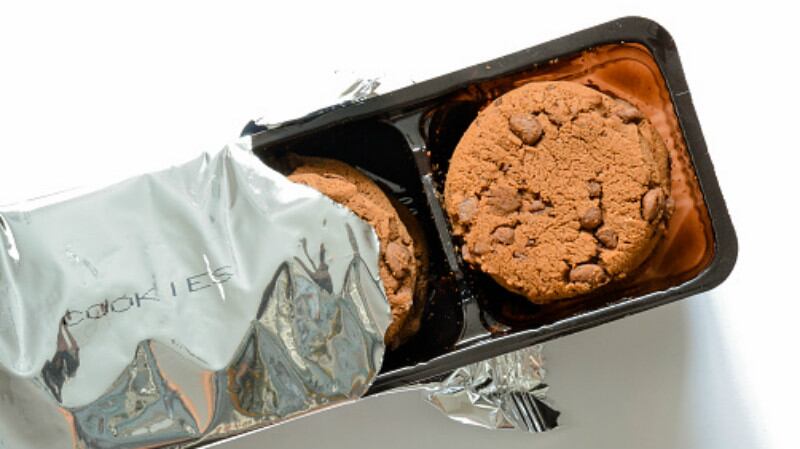This latest amendment was made under the country’s Law for Promotion of Effective Utilization of Resources, which falls under what is known as the ‘3R Policies’.
“All containers made of polyethylene terephthalate (PET) that contain beverages and specific food condiments and seasonings can omit identification marks such as tags and labels unless required to do so under the provision of other laws and regulations,” said METI via a formal statement.
“A recycling identification mark must still be engraved directly on the PET bottle even though an identification label is no longer required. This must be located on the bottom or sides of individual containers.”
“[Please note that] this only applies to products sold to end-consumers in units that have an outside packaging (e.g. corrugated box, paper package, composite, etc.) and an identification mark will still need to be engraved, printed or labelled on this outside packaging.”
Basically, these non-labelled products are not meant for direct retail to consumers, and can only be bought as part of a case purchase with multiple individual units (e.g. 10-pack, 12-pack).
Before this amendment kicked in, individual bottles were still required to carry an additional identification label with recycling information, instead of this being printed directly on the outside packaging.
METI also implemented a change allowing smaller minimum sizes of the recycling marks for steel cans, aluminium cans and PET bottles carrying beverages, saying that this was in response a trend of smaller unit sizes in the country.
“Due to changes in consumer demands, we are seeing a rising trend in smaller beverage volumes [sold per unit]. As beverage containers get smaller, the space on which to print identification marks has also decreased, hence we have decided to review and reduce the minimum size of these marks,” said METI.
These reduced recycling mark sizes do not apply for plastic and paper containers. More information can be found here (Link in Japanese).
More on the eco-saving law
The Law for Promotion of Effective Utilization of Resources was first introduced in 1991, with the aim of establishing a ‘sound material-cycle economic system’, or what would nowadays be known as a circular economy.
A great deal of focus has been placed on following the 3R principles by enhancing recycling, reducing waste generation and reusing parts recovered from used products.
Within this law, food and beverage containers (steel cans, aluminium cans, PET bottles) generally fall under ‘Specified labelled products’, where manufacturers and importers these are required to label these products to facilitate sorted collection.
“This Law was established in light of the circumstances in Japan, a country largely dependent on imports for major resources and where, along with the recent development of the national economy, the heavy use of resources generates an enormous amount of used Products [and] by-products,” said METI about the law.
“[A] considerable part of [these] are disposed of, [and we also found that] a considerable part of the recyclable resources and reusable parts are not utilised but also disposed of [so this law aims to] ensure the effective utilisation of resources and to take necessary measures.”
Largely due to efforts made under this law, in Japan beverages sold without labels are more commonplace than most other countries, even amongst big name brands such as Ajinomoto, Asahi and Suntory.
Coca-Cola’s I LOHAS natural mineral water also does not carry labelling when it is sold in bulk. Its logo is embossed on the bottle itself, whereas others such as Ajinomoto’s Blendy Bottled Coffee print elsewhere such as the bottle cap.





